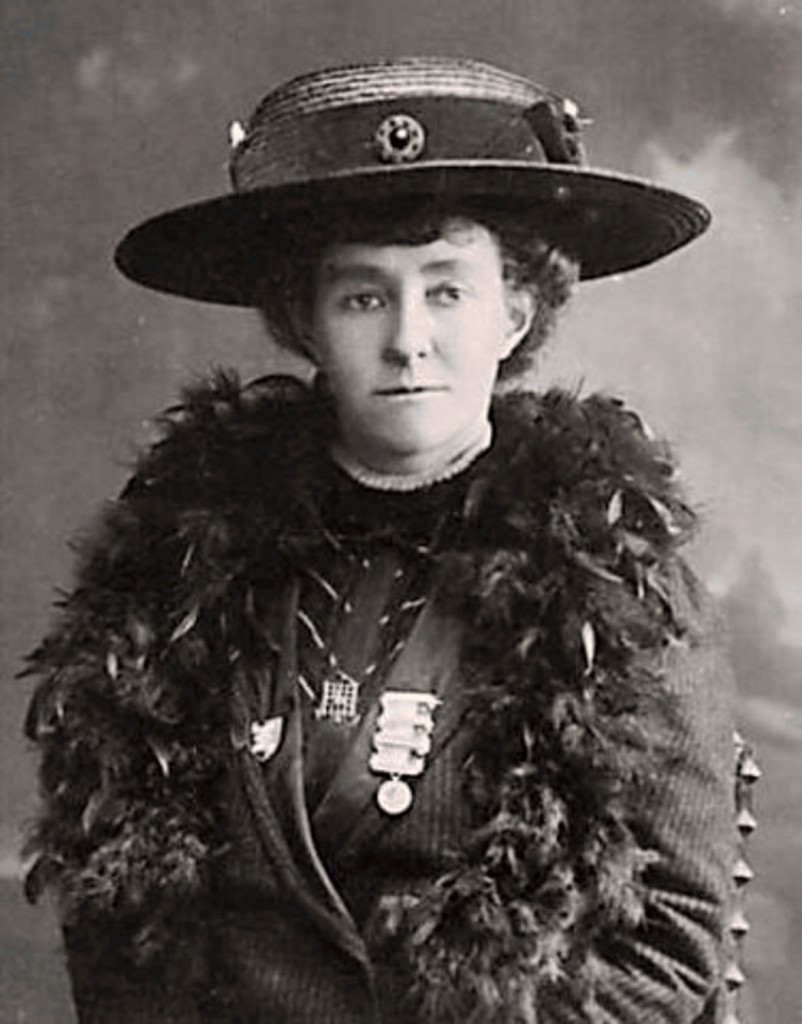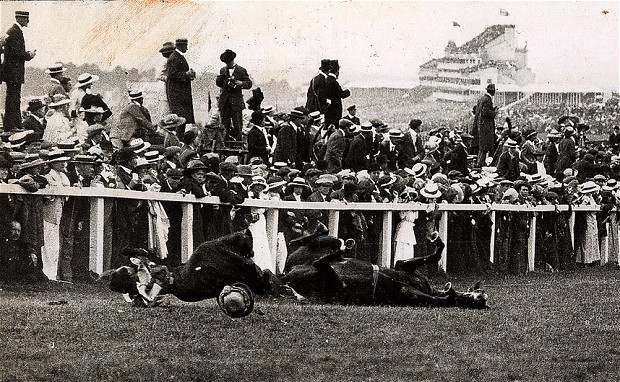
Twenty eight years ago the whole family sat round a huge round table at a Chinese restaurant in Leeds, celebrating our David’s 21st birthday. A few weeks later he took his own life. None of us had the first idea how troubled he was.
I’ve chosen this photo, because here he is maybe two months after we adopted him. His brother and sister were entranced by him. We all were.
The thing is, you live imagining you have all the time in the world, until you don’t, and then it’s too late. Years after he died I wrote a poem for him; I thought about how my own Dad never told me any stories about his life, about his childhood, about who he was before he married, before I was born, and about how I never really knew him.
I wanted to tell our David the stories I failed to tell him, because, after all, I thought we had all the time in the world, or we didn’t have the time for it. And then it was too late. So here it is, a belated present for his 48th birthday.
.
I made this box,
ran lead, quick, in the veins of driftwood roots,
the silver grain of bleached board and the wind-eyes
of burnished beachstones – rose quartz, granite, flint,
bound them with silver wire to honey oak, red pine,
and clenched them tight with sea-rust iron nails.
.
I made this box for you
.
I filled it with fragments, beachcombed
sea glass, wisps of snagged wool.
I wanted you to know
the random loveliness of being alive,
to know it in your bones and blood.
.
I put in :
.
snow, to remember draughts
and rooms with cold corners;
.
a black handled knife, sharp as silk,
in a grey-vaulted market, the scent
of cut flowers to show that fathers
give like the gods; a bicycle stammering
through stems of barley, willowherb,
to understand that gravity may be defied;
.
the humped glass of a brown river,
black branches snagged on the weir’s rim;
.
these bundled letters in different hands
and inks to show how words fall short of love.
.
I put in riddles:
.
silhouettes of mountains, oiled gun barrels,
a sheriff’s badge, a dust-blown street,
a child running in a drift of grasses,
a scrubbed deal table in a pitman’s house.
.
I wondered if you’d find the answers
or if I might understand the questions.
.
I did not want to put inside my box
your cold clay mouth
this pale oak chamfered cube
and my two hands holding it, all
I wanted was you holding my box
in a high place
where you could only fly, not fall


